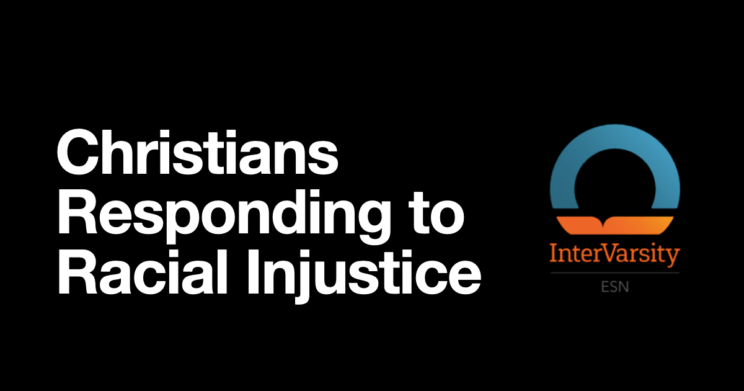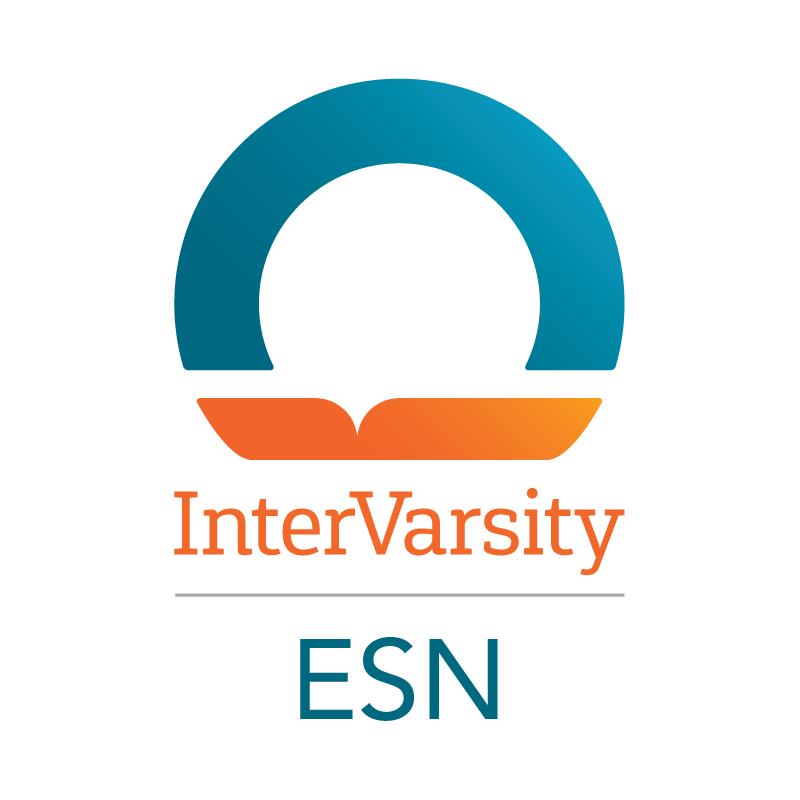
We are grieving injustice and racism, so evident in American society right now, and all too often in the structures and systems of academia. We wanted to share a few resources readers may find helpful in lamenting racism and working for justice at this time. We as ESN staff members recognize our own need to keep learning and growing in our work toward justice in the university and in campus ministry. Please feel free to reach out to us as you find it helpful with prayer needs and ideas for how ESN can support you.
—Bob Trube & Hannah Eagleson, ESN Director and Associate Director
Jemar Tisby, In the wake of yet more anti-Black violence: We must ‘fight the freeze’
Leader and scholar Jemar Tisby shares a helpful framework for finding a path to action when the weight of injustice feels paralyzing.
Kadrian Hinton, Through My Lens—The Master Liberator
Author and campus minister Kadrian Hinton models finding lament and hope in this reflection from earlier this year.
Danielle Cadet, Your Black Colleagues May Look Like They’re Okay—Chances Are They’re Not
A helpful read for colleagues of Black academics and professionals.
InterVarsity President Tom Lin’s Official Statement
Tom Lin shares his official statement, “InterVarsity Resolved to Pursue Justice and Reconciliation.”
A Prayer from InterVarsity Leader Greg Jao
Shared by permission.
“I can’t breathe.”
Were those the last words of 1.8 million enslaved Africans who did not survive the Middle Passage from Africa to America, as they suffocated below deck and died of disease and malnutrition?
Were those the last thoughts of more than 4,400 African American men and women, boys and girls—sometimes entire families—as they were lynched in nearly every state in our country?
Were those the last experiences of African Americans dying of COVID-19, at two or three times the rate of other ethnicities, in significant part because of the ways racism daily affects their bodies, their communities, their access to healthcare, etc.?
“I can’t breathe.”
That’s why the last words of Eric Garner and George Floyd resonate so deeply.
That’s why so many willingly say those words today as tear gas (and other chemical gasses) fill their lungs while they protest.
“I can’t breathe” is very different from “I’m holding my breath.”
That’s why I should not hold my breath when someone begins a racist comment, and I hope they will not finish it.
That’s why I should not hold my breath when I challenge racism and worry about how someone will respond.
That’s why I should not hold my breath wondering whether my church, my community, my company, my cause, or my country—and my leaders—will say something truthful and transformative about the racist realities we live in.
That’s why I should not hold my breath worrying about whether peaceful protests will be co-opted by those who wish to distract or profit by engaging in violence and looting.
You have entrusted me with the ability to breathe, Lord, so I will not hold my breath.
Give me honesty to use my breath to confess how I engage, participate, or am complicit in racism. Give courage to use my breath to speak up, speak out, and speak to. Give me faith to use my breath to sing lament, coming judgment, and the hope of transformation. Give me conviction to use my breath to pray, “Your kingdom come, your will be done on earth as it is in heaven.”
Lord, have mercy. I can breathe, so let me use my breath.

The Emerging Scholars Network is always seeking opportunities to identify, encourage, and equip the next generation of Christian scholars to be a redeeming influence in the academy, church, and the world. As you have an announcement, a “call for papers”, an event, a prayer request (e.g., campus, field, higher ed), a resource suggestion, a review, etc., which is in concord with our Kingdom of God endeavor, please send materials (marketing/sales material not accepted) for consideration to post via email or the ESN Writer Survey. Thank you.

Leave a Reply